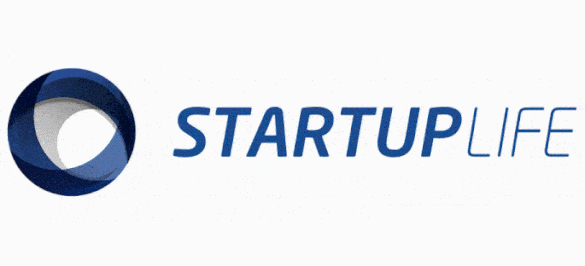The concept of “Point of Sale” (or POS) refers to the location where a commercial transaction is completed. It can be a cash register in a physical store or an online payment platform. With the advancement of technology, POS systems have evolved, becoming an essential tool for companies seeking to automate processes and improve customer experience.
This article will cover the main functionalities, types of POS systems, and tips for choosing the best solution for your business. You will see how a POS system can transform your business operations and drive the growth of your enterprise.
Content:
- Main functionalities of the Point of Sale System
- Advantages of Implementing a POS System in Your Company
- Types of Point of Sale (POS) Systems
Main Functionalities of a Point of Sale (POS) System
Point of Sale (POS) systems offer a range of functionalities that go far beyond simple payment processing. Among the main ones, the following stand out:
Sales management: The POS system automatically records each sale, which speeds up service and avoids manual errors. In addition, it can generate detailed reports, allowing the manager to monitor performance in real-time.
Inventory control: By recording each sale, the POS also automatically adjusts the inventory. This avoids stockouts or excesses, helping the company make decisions based on accurate data.
Financial reports: The system offers reports on sales, cash flow, and revenue. With this information, entrepreneurs can identify periods of higher activity and adjust their sales strategies.
Customer management: Some POS systems allow you to register customers and record their purchase history, facilitating the creation of loyalty programs and personalized marketing campaigns.
Integration with other systems: An important functionality is integration with accounting software, e-commerce, and other systems essential to the business. This improves operational efficiency and reduces rework.
With these functionalities, the POS becomes a key piece in the business management strategy, providing more control and agility in day-to-day operations.
Advantages of Implementing a POS System in Your Company
Investing in a POS system brings a series of direct benefits to companies of different sizes and segments. Below, we list some of the most relevant advantages:
Operational efficiency: Manual processes, such as sales registration and inventory control, consume time and are prone to errors. With the POS, these processes are automated, allowing employees to focus on customer service.
Improved customer experience: Service becomes faster and more efficient. Payments are processed quickly, and features such as the issuance of digital receipts add value to the shopping experience.
Increased transaction accuracy: Reducing human error is essential to avoid losses. With a POS system, price, discount, and tax information is applied automatically, eliminating inconsistencies.
Ease of access to information: A modern POS system allows remote access to company data. This way, managers can monitor operations in real-time, even from a distance.
Data-driven decision making: With detailed reports, the company can identify purchasing patterns, best-selling products, and peak hours. This helps in creating more effective strategies.
Fiscal compliance: Many POS systems are already configured to meet local tax requirements, such as the issuance of electronic invoices (NF-e). This avoids problems with legislation and ensures greater legal security.
These advantages demonstrate how a POS can become a competitive differentiator for the company, directly impacting productivity and profitability.
Types of Point of Sale Systems
Choosing the right type of POS system is a strategic decision that can influence the success of your business. Currently, there are several options on the market, each with specific characteristics. Let’s explore the main ones:
Fixed POS (Traditional): This is the classic model, typically found in physical stores. It consists of a sales terminal connected to a cash register, barcode reader, and receipt printer. This type is ideal for establishments with a high volume of in-person sales, such as supermarkets and restaurants.
Mobile POS: Mobile POS is a portable solution, usually used by small businesses or businesses that operate in different locations. It can be connected to smartphones or tablets and allows payment processing anywhere.
Cloud-based POS: Cloud-based solutions store all system data on external servers, accessible via the internet. This option offers flexibility, as managers can access information in real-time from any device connected to the network. In addition, updates are automatic, reducing maintenance costs.
Integrated POS: This type of POS is designed to work in an integrated way with other platforms, such as e-commerce, management systems (ERP), and CRM tools. Companies seeking an omnichannel operation benefit greatly from this solution.
Custom POS: In specific cases, companies can opt for solutions developed specifically to meet particular needs. Although this option has a higher initial cost, it can generate long-term savings due to high compatibility with internal processes.
How to choose the ideal one:
To make the best decision, assess the needs of your business, the available budget, and the desired scalability. It is also important to consider the technical support offered by the supplier and the security level of the system.
For further information regarding our services, get in touch:











